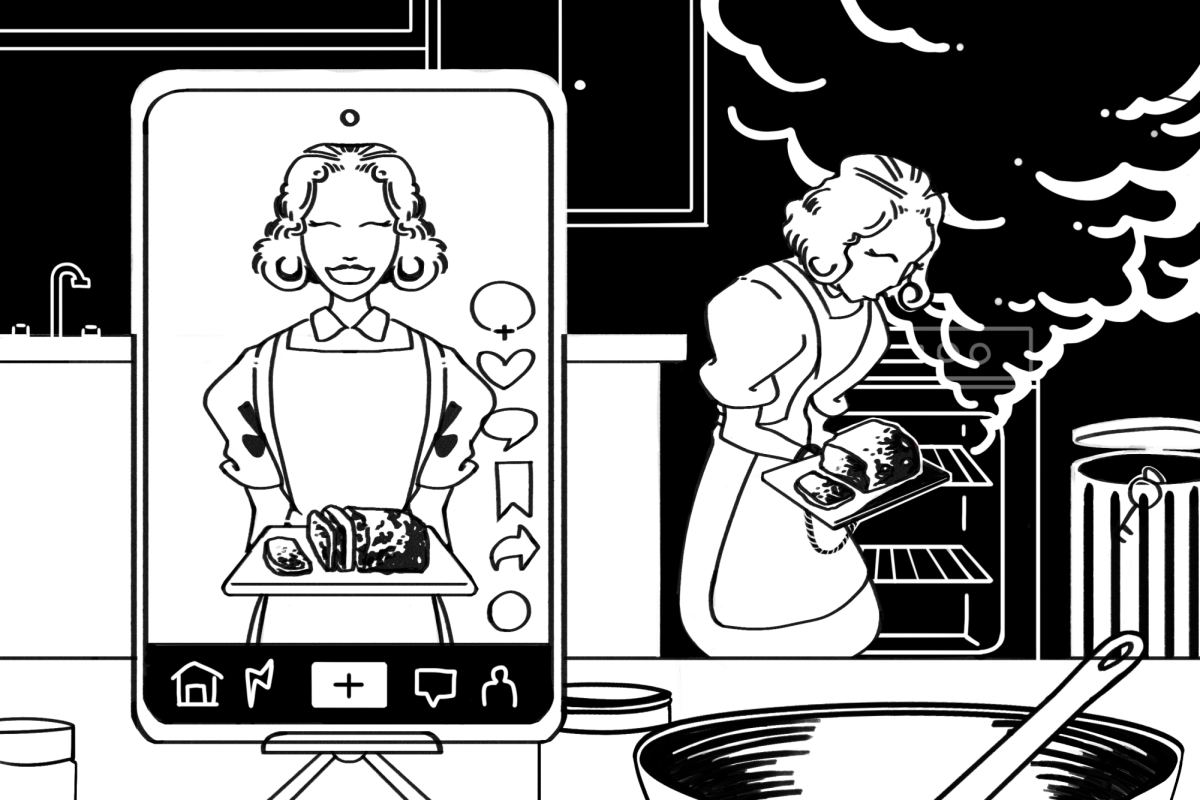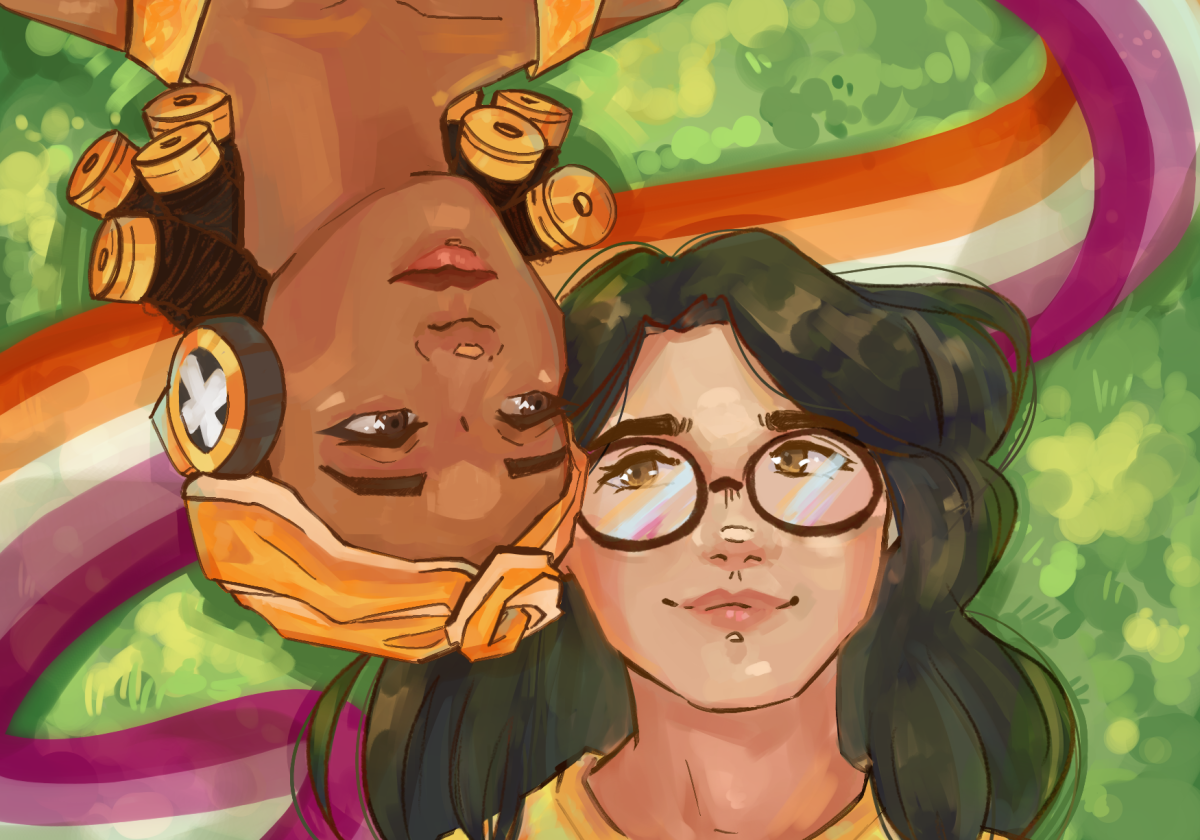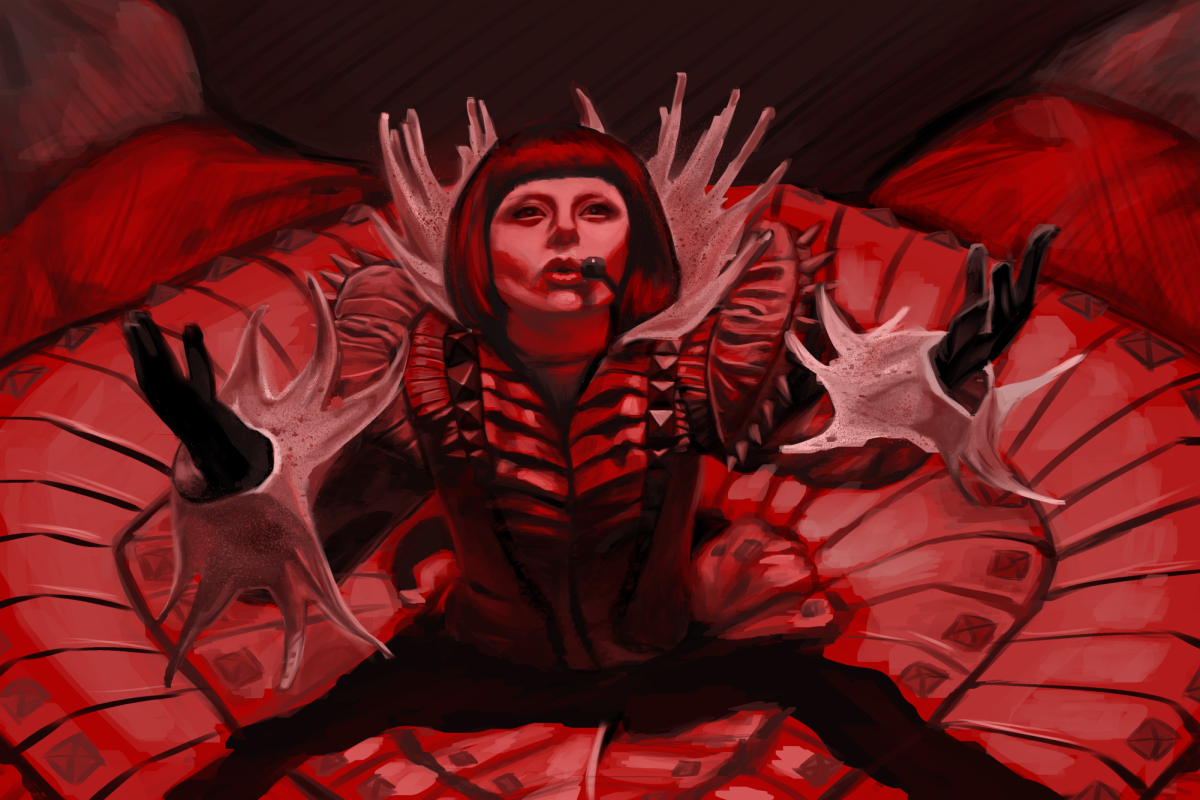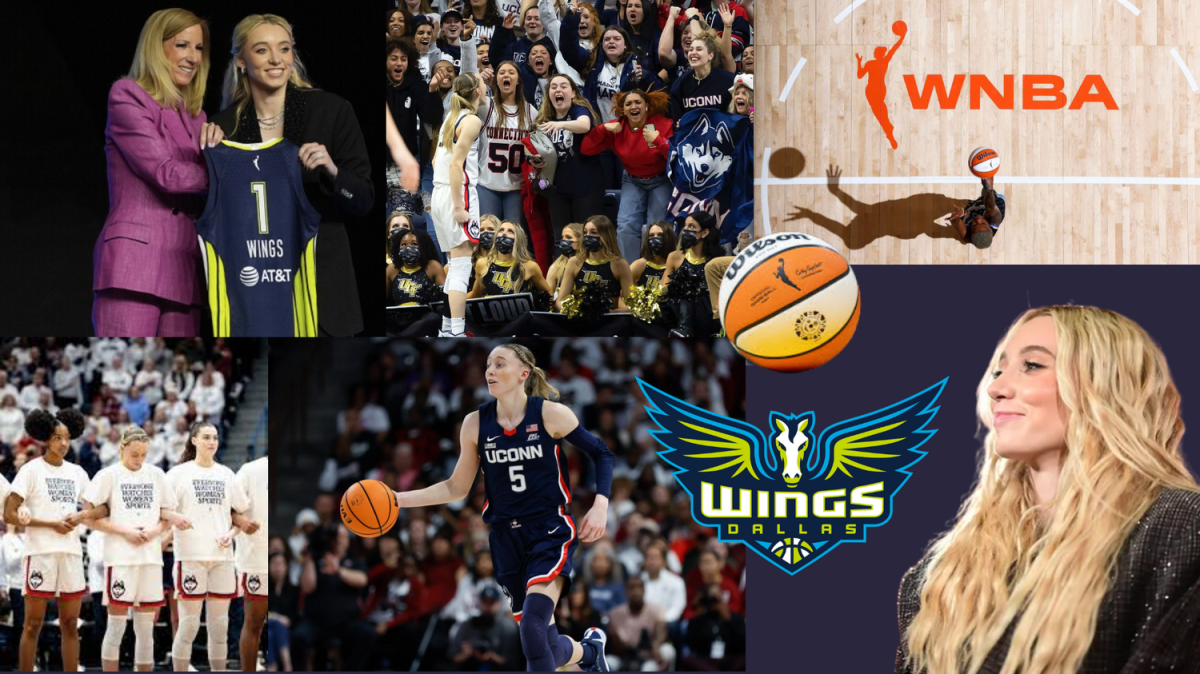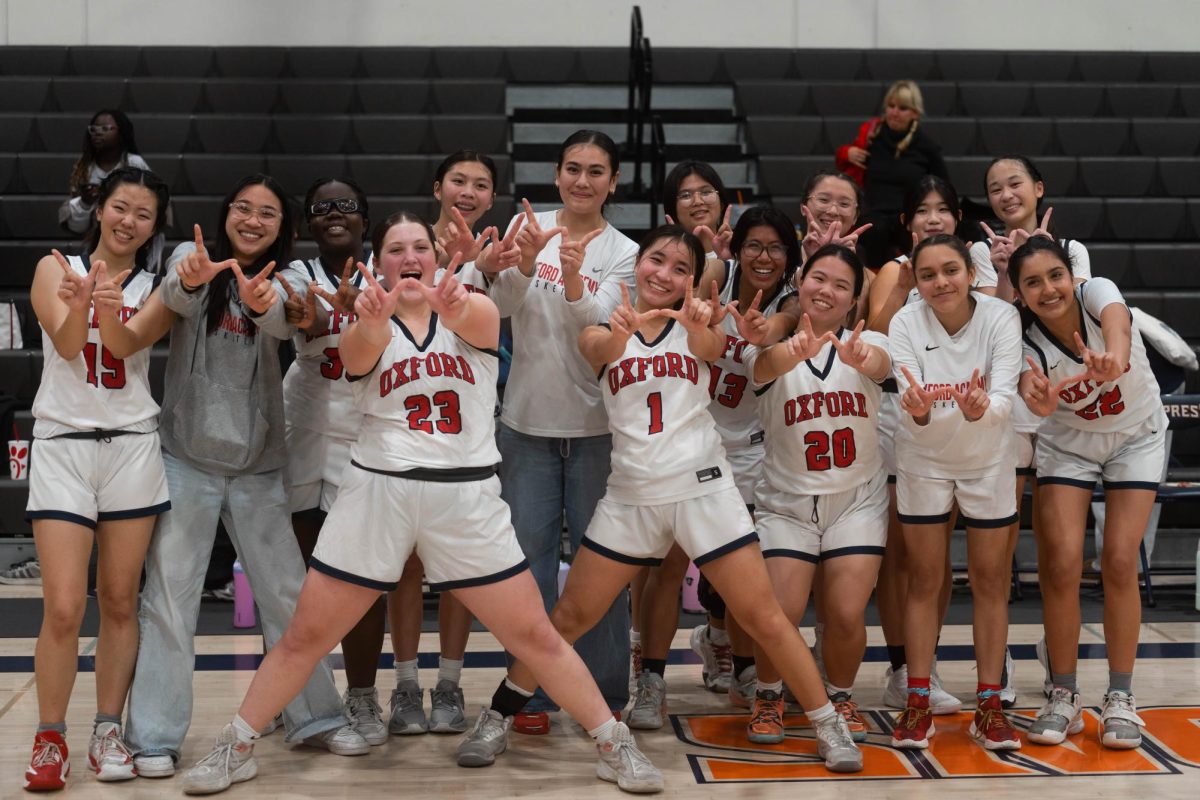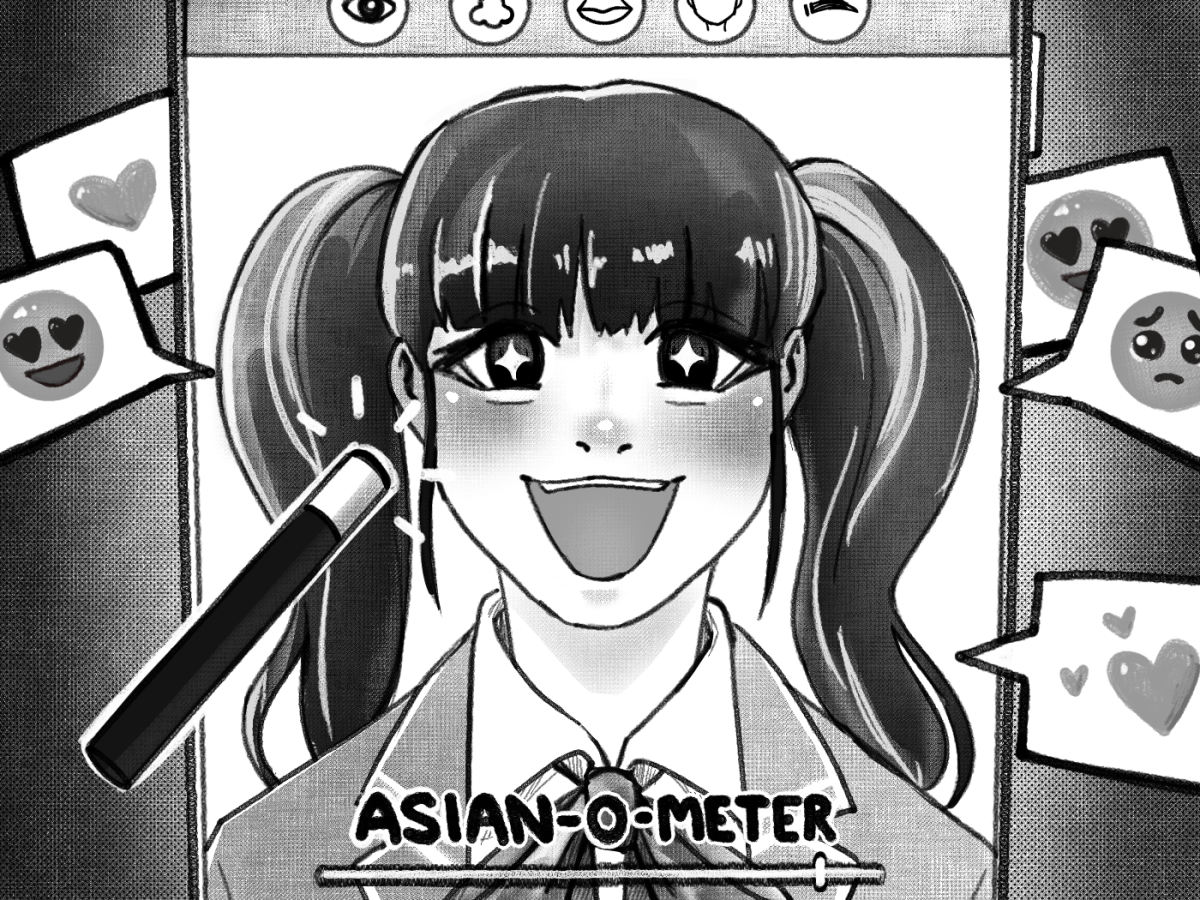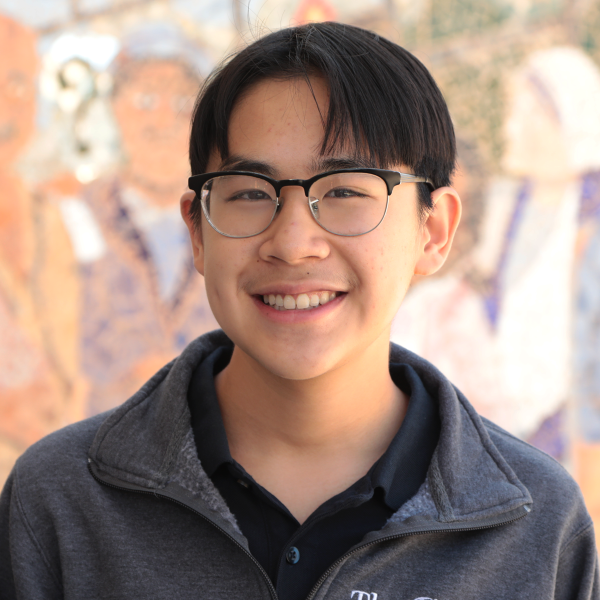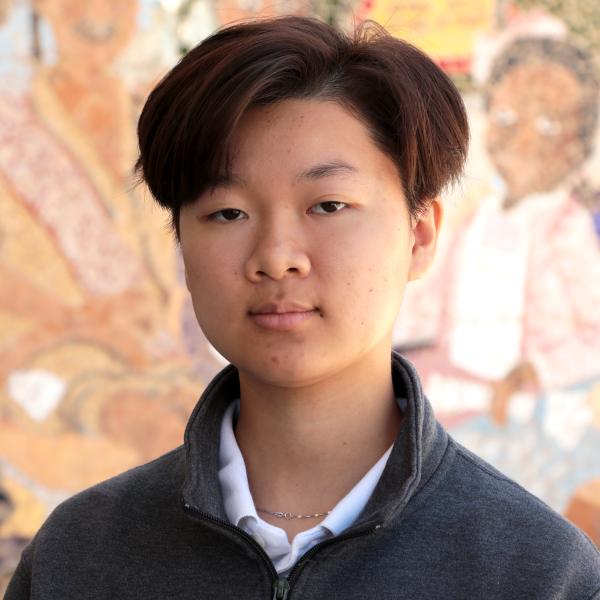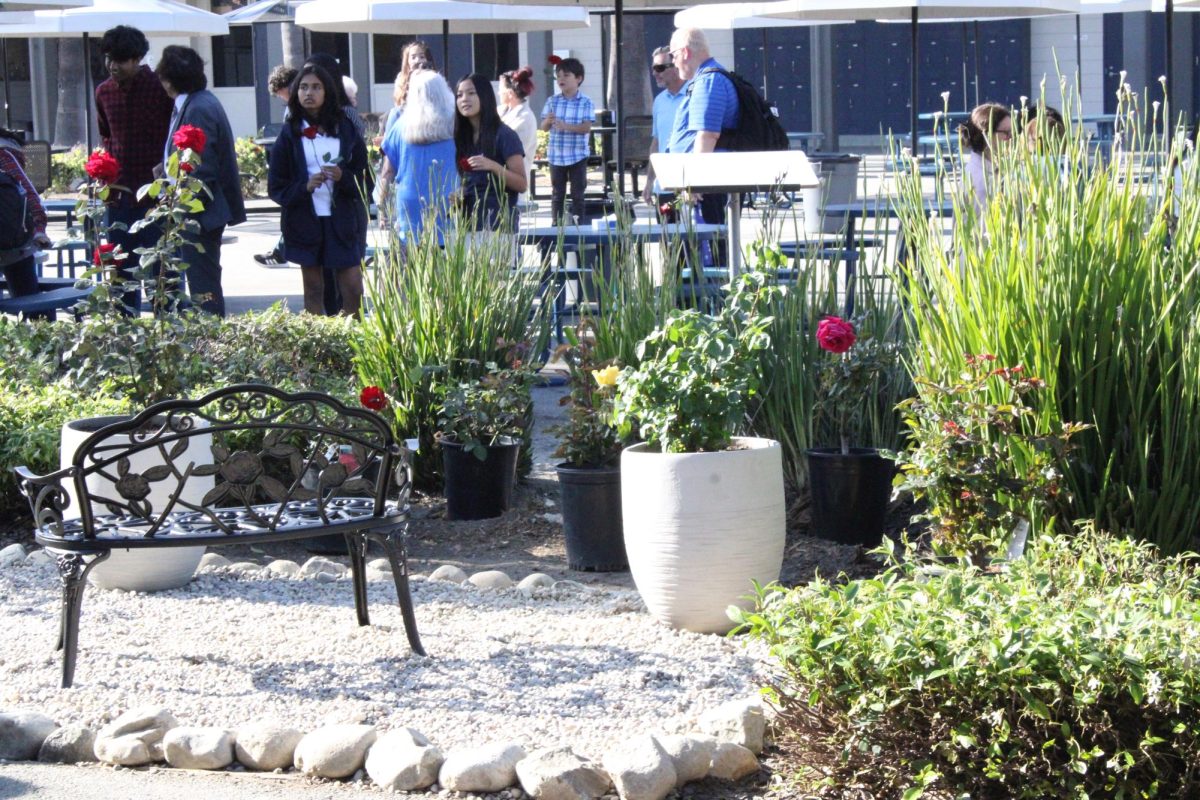Asianfishing — when somebody manipulates their characteristics to appear Asian — has become increasingly prevalent online. This appropriation ranges from manipulating photos and videos or imitating Asian features with makeup to using Asian names online, imitating and disrespecting these communities. Asian culture is reduced to a costume to try on and subsequently discard when it no longer serves the appropriators. Asianfishing is increasingly problematic and dangerous for the Asian community, as it accentuates various stereotypes, magnifying the fetishization many Asian women already face, and is cultural appropriation.
Instagram star Oli London rose to fame for describing himself as “transracial” from white to Korean. Over the years, he has received various surgeries to look like Korean artist Jimin from BTS, replicating stereotypical Asian features. London, though, uses the Asian identity as an aesthetic and trend, discarding the racial stigmas that come with it as an identity. Instead capitalizing off of it from fame and views, which he profits from, London does not have to fear scrutiny for his race or identity, which many Asian people have. Asianfishing is not exclusive to London though — across social media, many have attracted virality from it.
Beyond appropriating the culture without facing racial repercussions, Asianfishing directly impacts Asian women through fetishization. By emphasizing stereotypes, such as Japanese school uniforms, that are often sexualized, Asianfishing plays into this “yellow fever,” which fetishizes Asian women. This objectification and sexualization is repulsive and has led to violence.
On March 16, 2021, during the tragic Atlanta Spa Shootings, the 21 year old shooter Robert Aaron Long brutally murdered six Asian women, sentenced to life in prison without the possibility of parole.
“The mass shootings in Georgia seem to be part of a nationwide pattern of Asian women’s being disproportionately targeted in hate incidents. We are more vulnerable to attack precisely because of the intersection of racism and sexism,” sociologist Nancy Wang Yuen said on NBC News. And to immediately remove racism from the equation neglects how racism has always intersected with sexism for Asian American women in this country.”
By perpetuating this yellow fever stereotype, Asian women are reduced to this cartoon, childlike caricature — when Asian women don’t fit this stereotypical appearance, they are further discriminated against through microaggressions, often overlooking their identity. According to Medium, yellow fever is tied to cultural beauty standards, rooted in colorism, pressuring Asian women to fit these molds based on exaggerated and unrealistic stereotypes.
There is a fine line between cultural appreciation vs. cultural appropriation. While Asian makeup styles such as douyin have thrived online, and many have recreated it, this is not cultural appropriation. The makeup is not intentionally manipulating one’s features to appear Asian. Additionally, learning cultural customs, food, and outfits is not appropriation when done with respect. However, when a lack of regard is given for the cultures, and they’re treated as a dress up toy that emulates magnified stereotypes, a line must be drawn.
Asianfishing presents a danger to Asian people. When other privileged people use its culture, traditions, language, and manipulate their characteristics to appear Asian, it is especially in bad taste. Instead of contributing to harm and masking it as “cultural appreciation,” more accountability is needed and education on how to appreciate a culture instead of undermining and disrespecting it. The Asian community should not bear the burden and danger from actions of Asianfishing.










